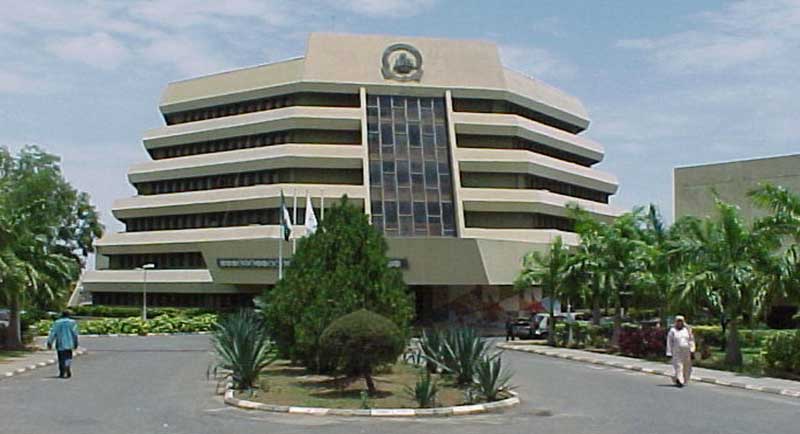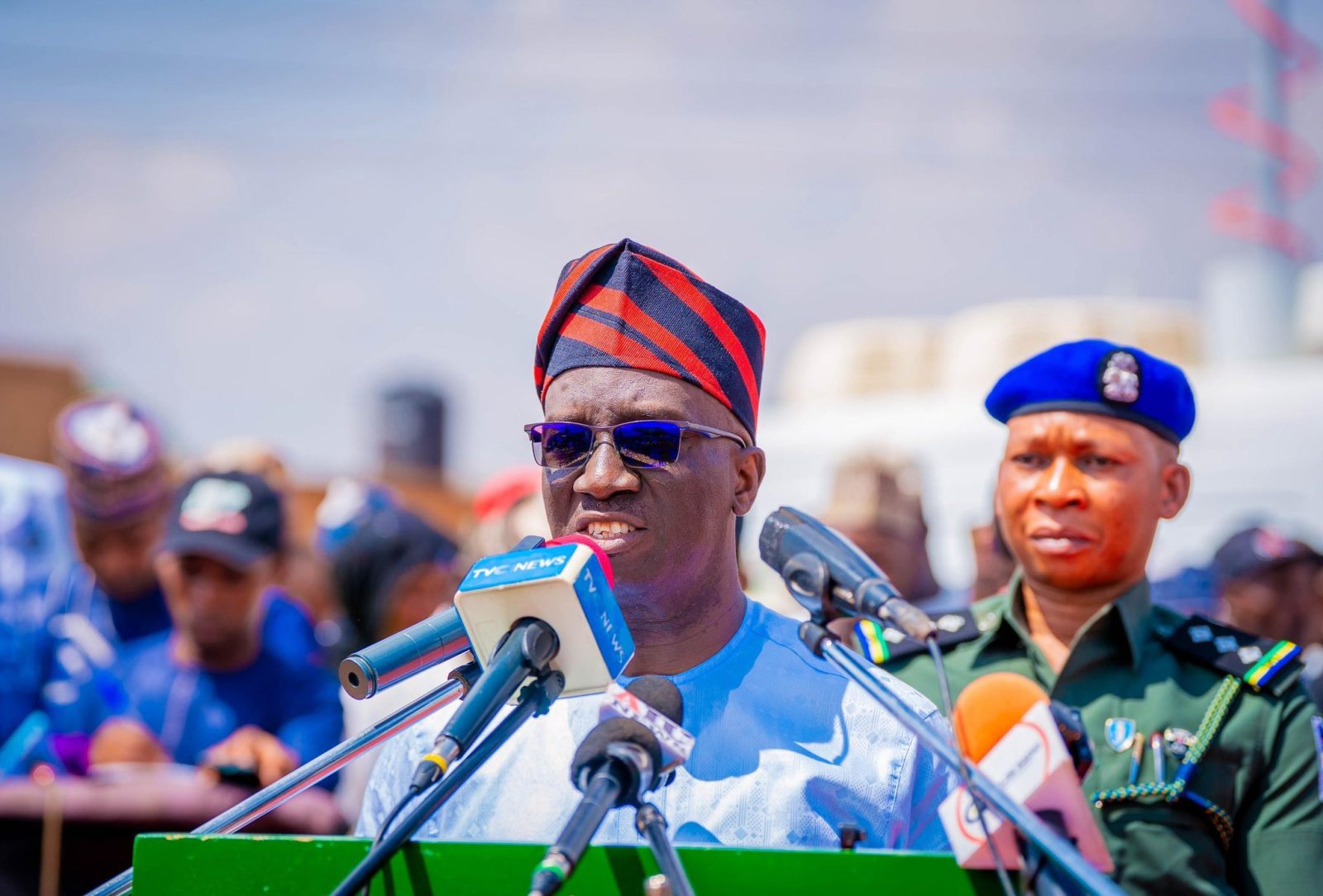With the scarcity foreign exchange and the difficulty in accessing it coupled with paucity of funds, the Tertiary Education Trust Fund (TETFund) daysy its foreign scholarship programs may be suspended.
The Executive Secretary of TETFund, Mr Sonny Echono disclosed this on Wednesday at a one-day stakeholders engagement on emerging issues with the TETFund Intervention held in Abuja.
He said the fickle nature of the forex system in the past few months is posing great obstacle in the settlement of tuition fees for foreign scholars.
Upon completion of the programs, Echono lamented that scholars are absconding and not returning to serve their bonds at their home institutions.
“The Fund at this material time is also discouraging beneficiary institutions from initiating new benchwork programmes.
“Additionally, there are issues related to scholars not returning to serve their bonds at their home institutions upon completion of their programmes.
”In fact, the challenge of scholars absconding has undermined and complicated the TSAS programme and brought it under intense scrutiny.
” It is for these and other reasons that this engagement was organised. We need to address these challenges and find solutions to ensure the effective and smooth implementation of our scholarship programmes,” he said.
The former Executive Secretary of NUC, Prof. Peter Okebukola, in his remarks, urged TETFund to finance the development of local universities with top notch facilities instead of spending outrageous amount of money on foreign training.
Okebukola said: ”In offering solutions to these challenges, there is a need to offer TETFund support to top-rate lecturers from oversees universities to come to Nigeria to join local PG training by Nigerian professors.
”We must send professors (of at least 10 years standing) for capacity building to top-rate overseas universities in carefully selected programmes on return to bolster doctoral education and supervision.”
Meanwhile, the Chairman, House of Representatives Committee on TETFund, Princess Miriam Onuoha, said in providing essential infrastructure in tertiary institutions, there was need to ensure inclusivity, especially for Persons Living With Disabilities (PLWD).
“In our physical planning, we must make school buildings accessible and accommodating to PLWDs,” she said.























Leave a comment